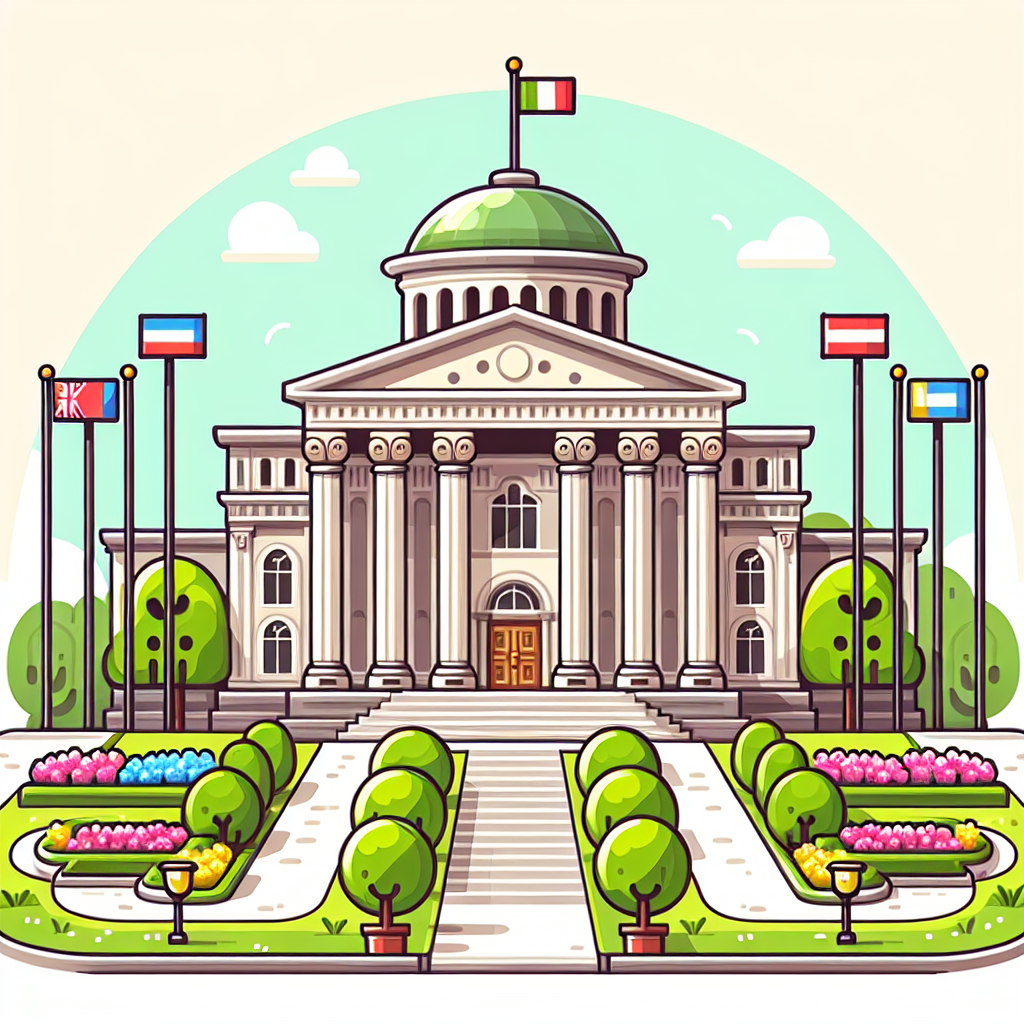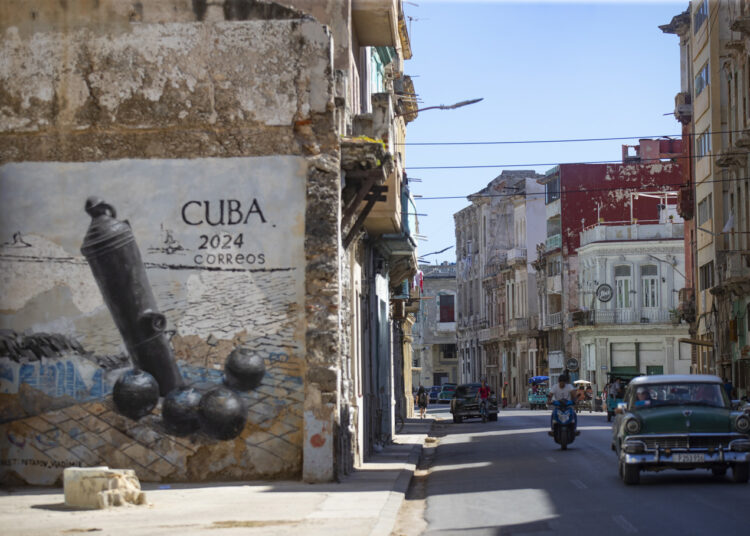
To maintain independence and to fund projects, African countries must build sovereign wealth funds and development banks to underwrite big infrastructure projects. Second, we need to build Africa’s education and innovation infrastructure, so our IP can remain in Africa, and so we can compete at the same level of quality and design as global brands. However, even if we were to improve Nigeria’s educational system today, in order to produce world-class engineers like India or Korea, it will take at least one generation for the first products to emerge from schools.
Meantime, competing nations won’t slow down on their manufacturing pursuits, to enable us to catch up. Deploying a poorly educated workforce to manufacturing is to compete at the production level alone. We will have no competitive advantage in the processing, finishing, and export of higher-value products.
Thirdly, we need to build a culture around honest labour, promoting blue-collar jobs as a route to prosperity. This was what Nigeria tried to do by reviving the concept of vocational schools as an alternative to Universities. All of these things will take time and Asia is not waiting for Africa to get its act together.
We are decades behind. Finally, if we choose to go the knowledge transfer route by importing foreign labour to upskill us in the short term, policymakers must be very stringent about job quotas, especially at management levels. We also need to scrutinise contracts when countries offer development assistance for infrastructure, lest we mortgage our children’s futures through debt.
For instance, Nigeria has significant infrastructure contracts with China. But while Chinese people learn Hausa (a major language in Northern Nigeria), we do not have a similar policy where our people learn Chinese so we can better promote knowledge and IP transfer. Nigeria is rich in the mineral resource, Lithium.
We must insist that companies who need it for battery manufacturing must build plants in-country, with a clear programme for knowledge transfer. Unfortunately, there may be more illegal mining outfits in Nigeria than registered ones. The insecurity and corruption within our borders also means we can’t even assess and measure the scale of the loss.
The case for services Yes, we are decades behind in manufacturing, but we excel in services, especially in the creative sector. As we are slowly building Africa’s industrial capacity, we should fast-track what we already have in the service sector. Nigeria’s movie and music sectors (Nollywood and Afrobeats) were created with virtually no infrastructure or government support.
It’s now time to build the necessary frameworks and financial rails, in order to develop a home-grown economy that does not disproportionately rely on foreign exits. The potential of the creative economy is massive. In 2023, the Nigerian entertainment sector, which includes Nollywood and music, contributed about $1.
4 billion to Nigeria’s GDP, marking a 27.46 per cent increase from previous years.Nollywood accounted for 39 per cent of Nigeria’s total box office revenue in 2024, amounting to $1.
9 million out of the 2023 total box office revenue of $5 million. In 2023, Afrobeats reached over 7.1 billion streams on Spotify alone, marking a 550 per cent increase since 2017, when it had around two billion streams.
The biggest stars in the world including Beyoncé and Justin Bieber have collaborated with Afrobeats artistes. The movie rights to a Nigerian classic novel, Things Fall Apart, have just been acquired by a UK based production studio. Africa’s export infrastructure challenges In this last section of my article, I’ll close by highlighting some of the limiting factors to building Africa’s export infrastructure, using Nigeria as an example.
I’ll also make some prescriptions on how to solve them. This is because we must fix our export value chain in order to derive financial value from services or manufacturing. IP Protection: Entrepreneurs need to know that their original scientific or business patents and trademarks will be protected.
In view of Nigeria’s limited law enforcement and legal systems; in the short term those IP assets will still need to reside in other jurisdictions. In the medium term, Nigeria can then set up a special adjudication system for IP matters, especially with regard to priority export products. This creates a clear time frame for resolving IP disputes and is similar to how the Securities and Exchange Commission has a fast-track court for the capital markets.
Payments and KYC: It must become easy, seamless even, for entrepreneurs to receive and make global payments from Nigeria. This includes dependencies such as the efficiency of the postal system. Local post is an integral way in which global platforms verify identities and addresses.
It’s interwoven into global KYC processes. Although Nigeria has made some important strides in identity management through the National Identity Card system (NIN) and BVN; these systems must become globally trusted. For instance, every bank account and phone number is presumably linked to NIN and BVN.
Hence, why do Nigerian law enforcement officers find it hard to trace the “419 scammers” giving Nigeria a bad name? They use devices, don’t they? The Nigerian postal service (NIPOST) also has a digital verification system for home addresses. However, as of now, YouTube’s verification initiatives and NIPOST’s Digital Verification System operate separately without any stated collaboration or link. Ports infrastructure: An average entrepreneur tends to give up on export when they consider the number of agencies they need to interact with to export a single item from Nigeria.
And then, there are the prohibitive fees vis-a-vis other African countries. Key agencies involved in exports in Nigeria are: Nigerian Export Promotion Council (NEPC), Nigeria Customs Service (NCS), Standards Organisation of Nigeria (SON), National Agency for Food and Drug Administration and Control (NAFDAC), Federal Ministry of Agriculture and Rural Development (FMARD) and Shipping Companies and Freight Forwarders. Export costs in Nigeria are notably high due to several factors, including bureaucratic delays and fees associated with the various agencies involved.
According to reports, the costs of exporting a 20-foot container from Nigeria can range from $1,600 to $2,300. In comparison, the costs to export from Benin Republic and Togo are significantly lower, often falling between $800 to $1,200 for similar services. These countries have also streamlined processes across agencies, making interacting with them more appealing for entrepreneurs looking to export goods.
In Nigeria, if an entrepreneur can overcome the unavailability of electricity, low workforce literacy, and regulatory corruption to attempt export, they should not then be frustrated by the export agencies. This urgently needs to be looked into and a one-stop export ecosystem created. An entrepreneur should be able to export from an app, with easy drop-off and inspection services, as seamless as an Amazon locker.
Free Trade Zones were supposed to provide this one-stop service, but the export inefficiencies at our regular ports have found their way there too. Financial and marketing rails: We urgently need hubs and accelerators that nurture export-led businesses (and their enablers). These hubs will provide access to finance, branding, legal, global marketing, and so on.
Tax regime: Finally, entrepreneurs need to know how to access the tax benefits that accrue to pioneer businesses. Already, there are proposed tax breaks for entertainers and sports people, which will encourage the growth of the creative economy. Conclusion In brief, Africa needs to transform from an import and consumption driven economy into an export and value-adding one.
This will position the continent as a crucial partner in global trade and generate the resources that are required for us to develop on our own terms. Plumptre is the CEO of Volition Cap, an African SEC-licensed asset management firm working to bring financial prosperity to middle-class Africans and Diasporans..














